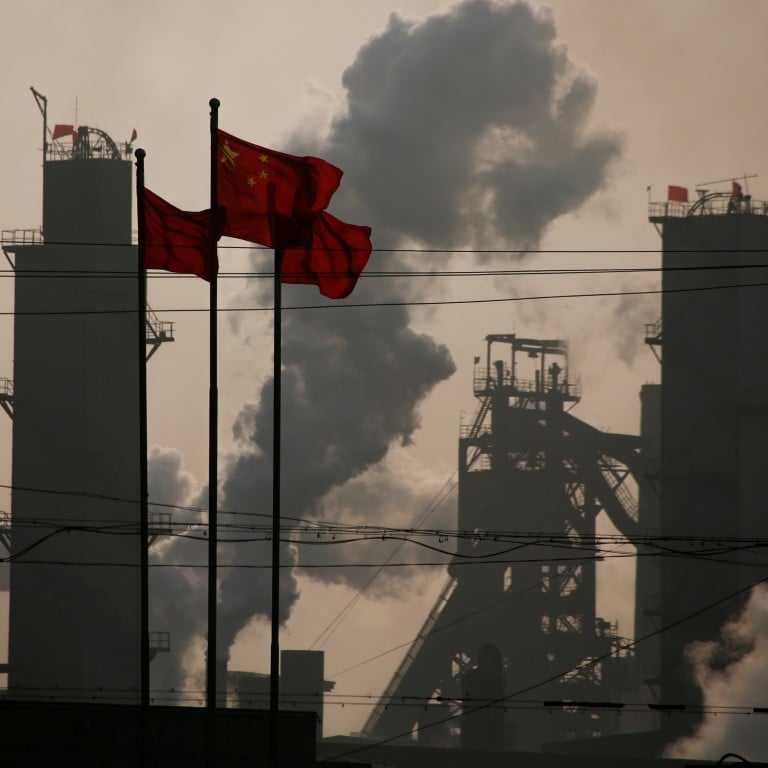
China cements Communist Party’s role at top of its SOEs, should ‘execute the will of the party’
- ‘Provisional’ regulation puts Communist Party committees in state-owned enterprises (SOEs) ahead of the board of directors
- New regulation also stipulates that the party secretary of a state firm must be its chairman who must ‘execute the will of the party’
China has implemented a new regulation to officially put Communist Party committees at the centre of power in running state-owned enterprises, a move reflecting Beijing’s strong desire to enhance the control of its vast state sector.
It is the first time that the Central Committee of China’s ruling Communist Party has issued a specific document articulating how a party unit, which answers only to an upper level Communist Party organ and generally cannot be held accountable by courts or regulators, should operate within a company that is exclusively or majority owned by the state.
“All major business and management decisions must be discussed by the Communist Party organ before being presented to the board of directors or management for decision,” according to the regulation.
All major business and management decisions must be discussed by the Communist Party organ before being presented to the board of directors or management for decision
The party secretary and chairman of the board of a state firm should be “the same person”, and the general manager position within a state company must be filled by a deputy party committee secretary, according to the regulation.
For those enterprises under the direct control of the central government, the board of directors must include a “special deputy party secretary” who takes no management role and is exclusively responsible for “party building”.
The first role of the directors or executives who are party members is to execute the will of the party in performing their duties, it added.
The regulation, which is intended to “enhance the Communist Party’s comprehensive leadership over state-owned enterprises”, is more a formally recognition of practices that have been rolled out in the past several years rather than an announcement of new requirements.
Dozens of Chinese companies listed in Hong Kong have altered their articles of association since 2016 to explicitly include the Communist Party in their corporate governance structure.
The Communist Party has already built up a significant presence in most state-owned enterprises, and according to Communist Party statistics published in 2018, the party had established organs in 93 per cent of state firms as of the end of 2017.
Washington has already begun to act on its concerns about Communist Party involvement in firms doing business in the US. The US National Defence Authorisation Act for the 2020 financial year, which US President Donald Trump signed into law last month, would prevent federal funds from being used to purchase passenger railcars or buses from any state-owned or state-controlled enterprises, including those from China.
The emphasis on the role of the party in state-owned enterprises also is at odds with Beijing’s earlier vision of forging a modern corporate governance system at state firms that centred on the board of directors.


